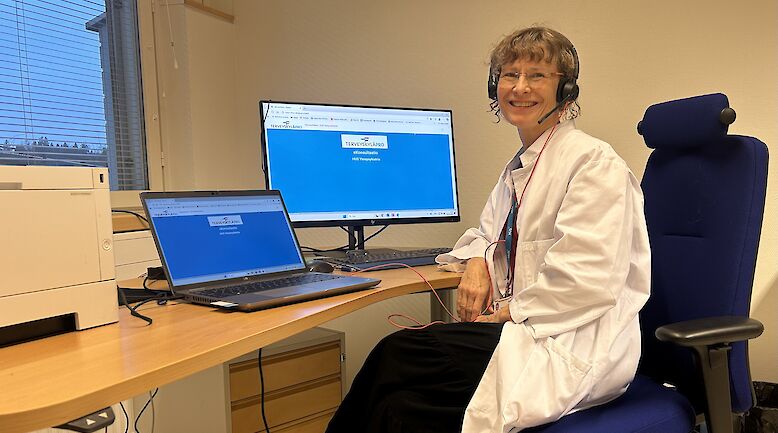English summary: EVALUATION OF A PROGRAMME TO INTERVENE IN DRUNKEN DRIVING - A THREE YEAR FOLLOW-UP STUDY

Background Since 1996 an EU directive has required an evaluation of substance addiction for those applying for a driving license in Finland. A special project was launched in Tampere, Finland, in 1999 to standardise these evaluations. The aim of the study was to assess the effectiveness of the programme in reducing drunken-driving recidivism, the workload caused by it and the recidivism-related characteristics of the offenders.
Methods Included in the present study were all the 98 drunken drivers referred by the police for evaluation during the first complete year of the project. This evaluation included several treatment components. Information about drunken driving behaviour was collected from the database in the police department. In addition doctors' certificates were analysed. The follow-up time was three years.
Results During follow-up, 75% (n=73) of those referred for evaluation presented doctors' certificates to the police. The evaluation process (3-7 h per evaluation) resulted in presentation of 128 doctors' certificates. The recidivism rate was 42% (n=41) overall for all those referred to the programme; it was 41% (n=30) for those presenting at least one doctor's certificate during the three years, compared to 46% (n=11) for those who did not. Former convictions for drunken driving were the only predictor of recidivism.
Conclusions The evaluation and treatment of substance addiction does not provide as much benefit as expected in reducing drunken driving recidivism; in addition it causes a considerable burden on social and health care personnel. The EU directive, however, makes the evaluations mandatory. The contents of the evaluation and treatment should therefore be reconsidered.












